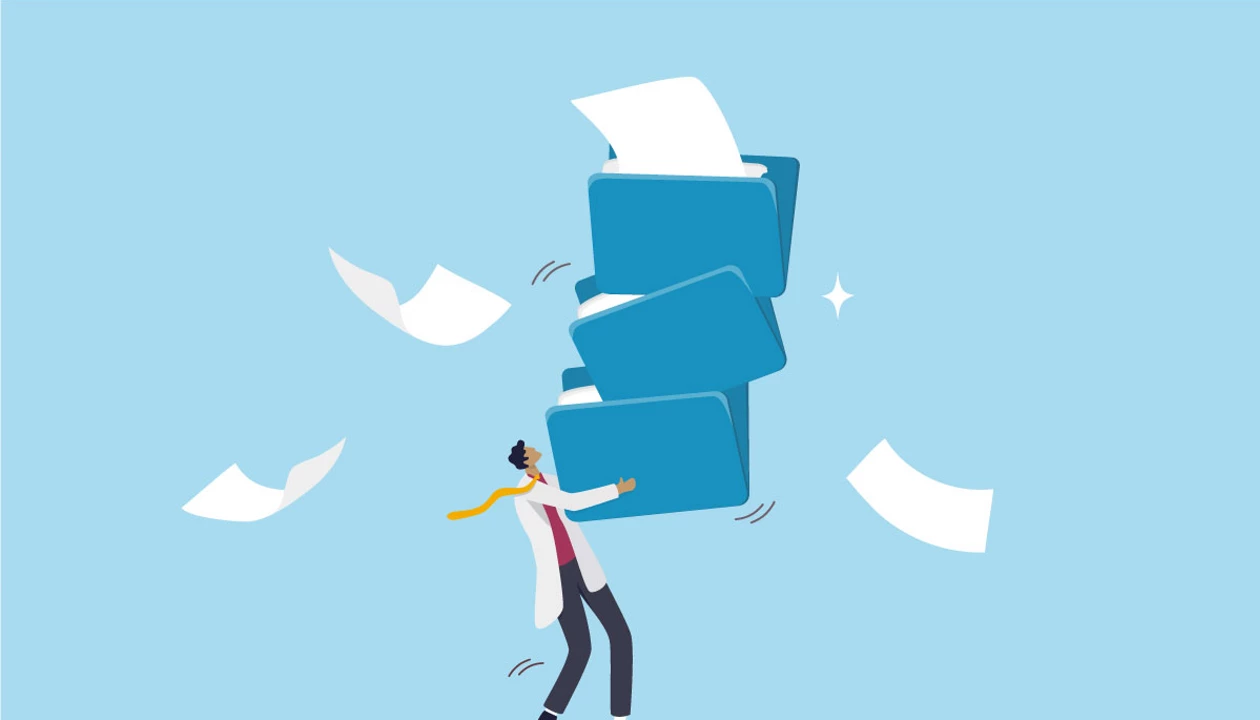The future is uncertain, and it always pays to be prepared. Just as you check your car's fluids before a long trip or have backup directions, you can apply this same mindset to your professional life. If you suddenly lose access to corporate accounts—like online logins, company computers, or phones—do you have the key information saved to move forward in your career? Whether due to an unexpected layoff or an accident like dropping your laptop in water, it's wise to regularly assess if you have recent copies of important, non-confidential data stored where you control access.
Contact Information
Your professional network is one of your most valuable assets. Always keep current, personal contact details for key colleagues, especially those who could serve as references or provide job leads. Think about external systems linked to your work email, such as LinkedIn, and switch them to a personal email address. Recovering accounts without access to the associated email can be difficult or impossible.
Job Aids
Do you have checklists, spreadsheets, timelines, or other tools you've created? Save copies of reference materials or best practices documents, as long as they aren't proprietary. This saves time in a new role and can showcase your skills to potential employers.
Records of Achievement
Keep copies of annual reviews, 360 performance reviews, and peer evaluations to remind yourself of past successes. Document exact job titles, promotion dates, and specifics of internal and external awards, including dates and the work recognized. Don't forget training, certifications, conference presentations, and publications.
Financial Information
Create a complete list of websites, usernames, and passwords for financial accounts like 401(k) sites, paycheck stubs, and tax documents. Include retirement plans, health insurance, flexible spending accounts, and accrued paid time off. Ensure accounts use your personal contact details—not work information—and keep a record of your salary history with dates and amounts of raises.
Cleaning Up
In addition to saving professional info, remove non-work documents from your work computer. If company policy allows personal use, back up anything you need and avoid leaving potentially embarrassing items on company devices.
Reminder
Once you've listed important items, back them up regularly. Set calendar reminders to stay on track. Being prepared for the worst helps you move forward confidently and perform well in your current job.




Comments
Join Our Community
Sign up to share your thoughts, engage with others, and become part of our growing community.
No comments yet
Be the first to share your thoughts and start the conversation!